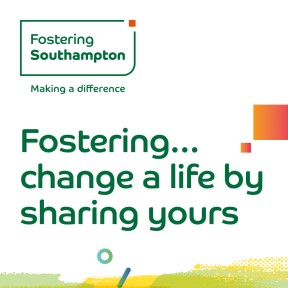Learning and development for early years
In planning and guiding what children learn, practitioners must reflect on the different rates at which children are developing and adjust their practice appropriately.
Learning and development considerations
Practitioners must consider the individual needs, interests, and development of each child in their care. They must use this information to plan a challenging and enjoyable experience for each child in all areas of learning and development.
Throughout the early years, if a child’s progress in any prime area gives cause for concern, practitioners must discuss this with the child’s parents and/or carers and agree how to support the child.
For children whose home language is not English, providers must take reasonable steps to provide opportunities for children to develop and use their home language in play and learning.
The framework does not prescribe a particular teaching approach. Practitioners need to decide what they want children in their setting to learn, and the most effective ways to teach it.
Each child must be assigned a key person. The key person must help ensure that every child’s learning and care is tailored to meet their individual needs.
A quality learning experience for children requires a quality workforce. A well-qualified, skilled staff increases the potential of a setting to deliver the best possible outcomes for children.
Further guidance and support
Teaching SHOW
The characteristics of effective teaching and learning SHOW
Learning environments SHOW
This page contains public sector information licensed under the Open Government Licence v3.0. From Development Matters, Early years inspection handbook and Statutory framework for the early years foundation stage.


